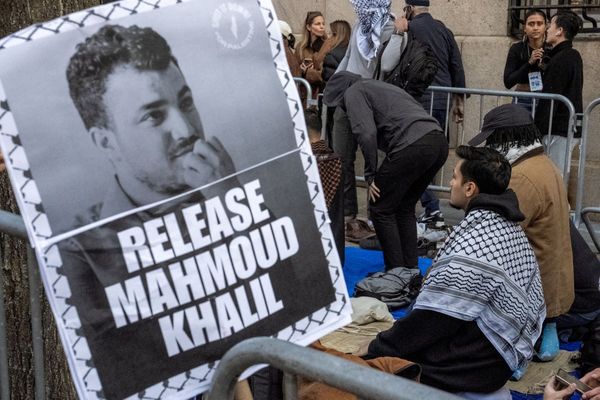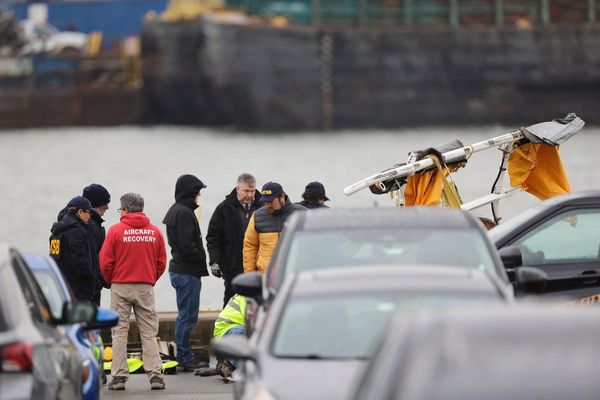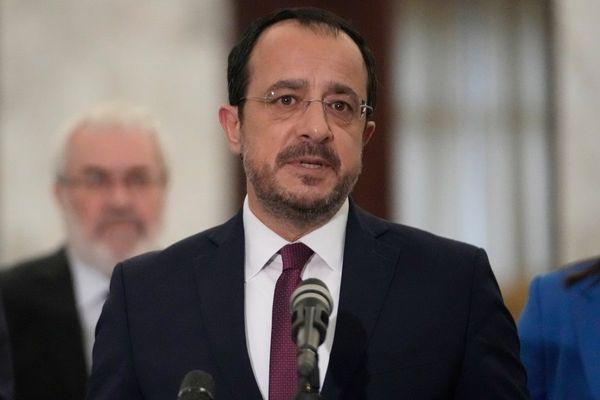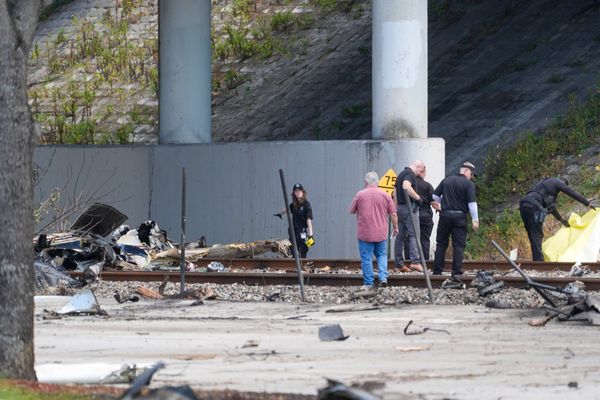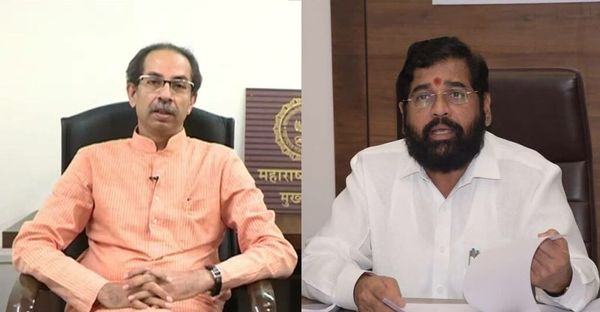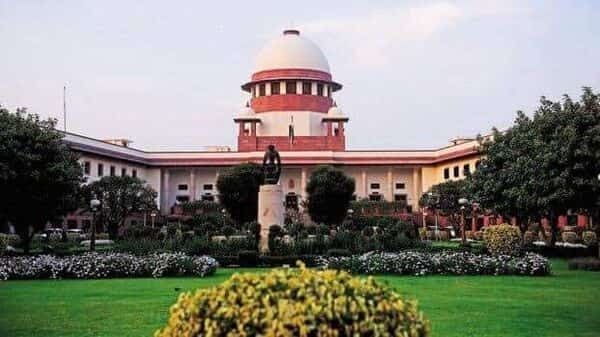The Supreme Court on Tuesday referred the battle between Uddhav Thackeray and Maharashtra Chief Minister Eknath Shinde over the "real" Shiv Sena to a Constitution Bench.
A three-judge Bench led by Chief Justice of India N.V. Ramana said the dispute raises "important constitutional questions relating to interpretation of Schedule 10 (anti-defection law) of the Constitution pertaining to disqualification, as well as the powers of the Speaker and the Governor and the power of judicial review".
The Bench highlighted that there were gaps in the court's earlier judgment in Nabam Rebia relating to the power of the Speaker/Deputy Speaker to initiate disqualification proceedings, when proceedings for his or her own removal from office has been initiated. This needed to be gone into by the Constitution Bench.
The Bench framed 10 questions of law for the Constitution Bench to consider and decide
These include questions on the scope of the power of the Speaker to determine the Whip and the leader of the House legislature party; whether intraparty decisions were amenable to judicial review; the extent of discretion and power of the Governor to invite a person to form the government, and whether the same is amenable to judicial review; the scope of the powers of the Election Commission of India with respect to determination of a split within a party.
The court has also asked the Constitution Bench to decide whether the notice for removal of a Speaker restricts him from continuing with disqualification proceedings; whether a constitutional court can be approached for a decision on a disqualification petition; can a court hold that a member is “deemed” to be disqualified by virtue of his/her actions, absent a decision by the Speaker; what is the status of proceedings in the House during the pendency of disqualification petitions against the members, among others.
